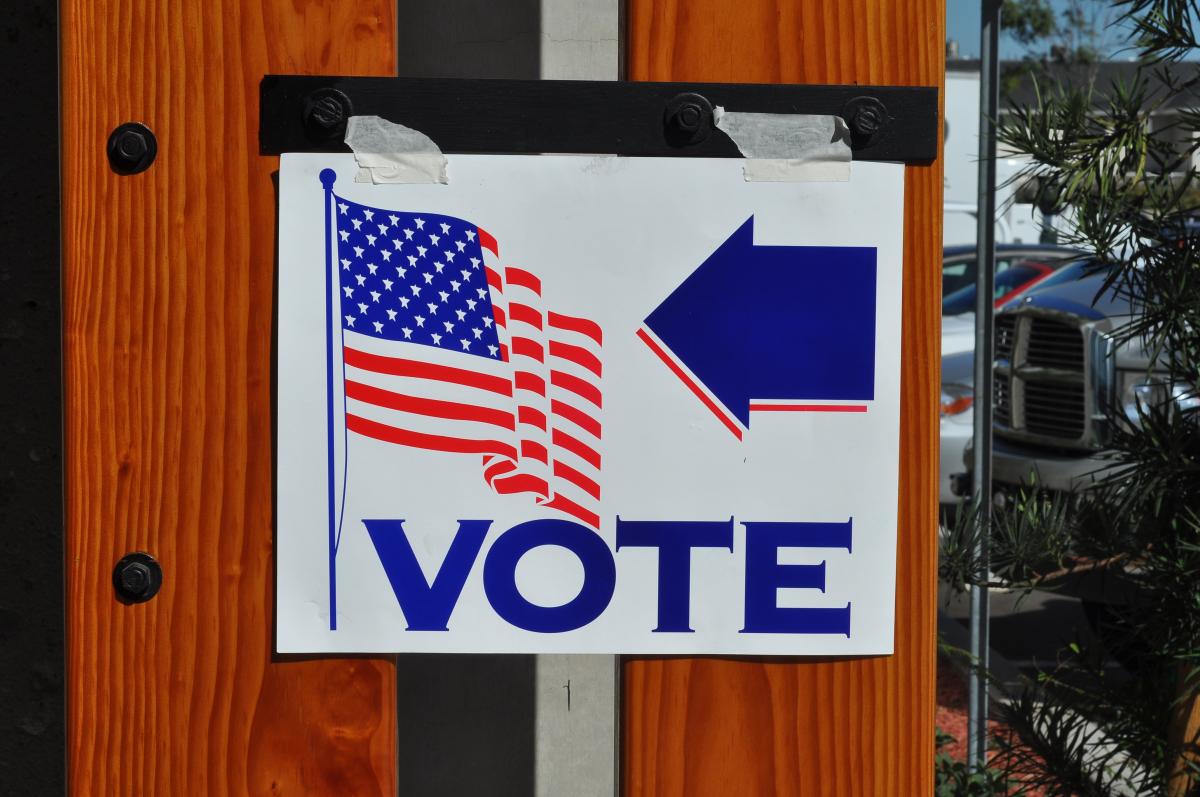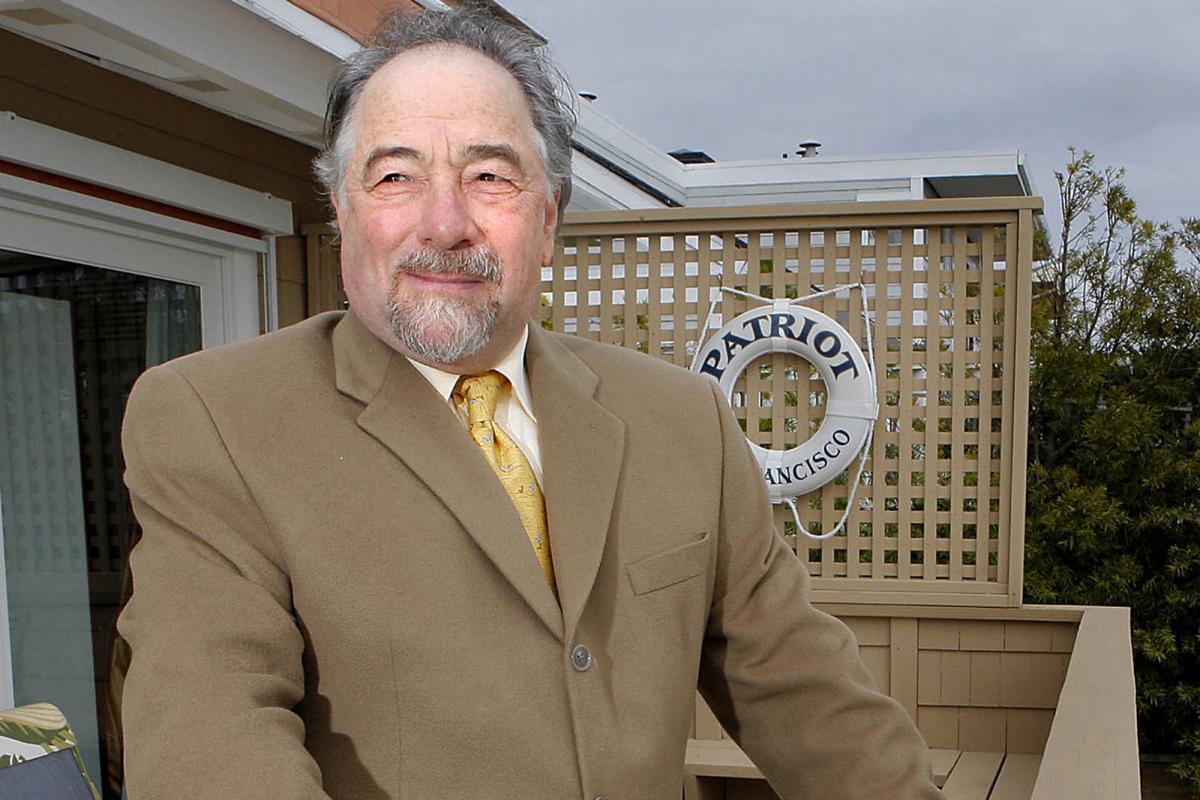Right-wing conspiracy theorists have been warning for years that President Obama is intent on giving away the internet, largely because they have no idea what they are talking about.
So naturally, it was only a matter of time before Donald Trump added his ignorant voice to the mix by declaring his opposition to “the President’s intent to cede control to international interests, including countries like China and Russia, which have a long track record of trying to impose online censorship” and called on Congress to stop the transition.
Perhaps nothing quite demonstrates the rampant ignorance fueling this ill-informed right-wing freak-out like the discussion about this issue that occurred between J.D. Hayworth and Tom DeLay on “Newsmax Prime” yesterday, in which the two former congressmen wildly speculated that the move was part of some effort by Obama to allow foreign nations to hack our election through voter fraud.
“To have the international community take over the internet in late October, just prior to the first week in November,” Hayworth said, “man, the timing of this is really suspect!”
DeLay, who admitted that he is so ignorant when it comes to technological issues that he can barely turn on his own computer, was nevertheless outraged by the transition, calling it “patently dangerous.”
“It just boggles my mind that we would give up control of the internet, of all things,” DeLay said. “I know that whatever agreement has been made by this administration is not going to benefit the United States and is not going to benefit the American people, so we have got to find a way to put this off until the next president is put into office.”
Yesterday, three board members from the Internet Corporation for Assigned Names and Numbers (ICANN), the nonprofit organization that is at the center of this upcoming transition, publish an op-ed in The Hill explaining that the fear mongering that is currently being whipped up around it is rooted in misinformation and ignorance:
IANA transition does not affect the security of your website, your email, or the Domain Name System.
The security of websites has been and remains the responsibility of the owners and operators of the websites – ICANN is not involved in protecting web sites or tracking down hackers. If websites are compromised, law enforcement agencies are responsible for enforcement actions. The IANA transition changes none of the roles and responsibilities of the various actors already engaged in protecting the security and stability of the Internet.
The statement that control of ICANN’s Security and Stability Advisory Committee (SSAC) would change hands as a result of the IANA transition is also wrong and misleading. The SSAC is not a “security guard” for the Internet. The SSAC has no enforcement power, and the value of its advice is based on the strength of the facts underlying such advice.
The Security and Stability Advisory Committee advises the ICANN community and Board on matters relating to the security and integrity of the Internet’s naming and address allocation systems. Our recent work include advisories on a wide range of topics such as internationalized domain names, protecting domain name owners and operators, best practices for domain name registrars, analysis on the changing nature of IPv4 address semantics, and advice on matters pertaining to the correct and reliable operation of the root name system and other issues (see https://ssac.icann.org/ for more details). The SSAC neither operates as a security guard for the Internet, nor does it aspire to.
The IANA transition has no practical effect on the work and activities of the SSAC. Nor does the transition have any effect on the security and stability of website owners worldwide. The risk of compromise of a website owner does not increase as a result of the IANA transition, since ICANN and IANA do not control either the ownership of websites or the content on websites. Leading technical experts, industry associations, and civil society groups agree that allowing the IANA contract to expire is the best possible way to protect and promote the continued integrity of the Internet.
There is simply no relationship between ICANN and the current U.S. election process. Assertions of this sort are misleading and irresponsible. On the other hand, attempt to connect ICANN to the U.S. political process play directly into the hands of the enemies of an open Internet who would like to see ICANN and other Internet bodies put under the control of the United Nations or, worse yet, broken up into separate, government-controlled networks that do not interoperate smoothly around the world.








